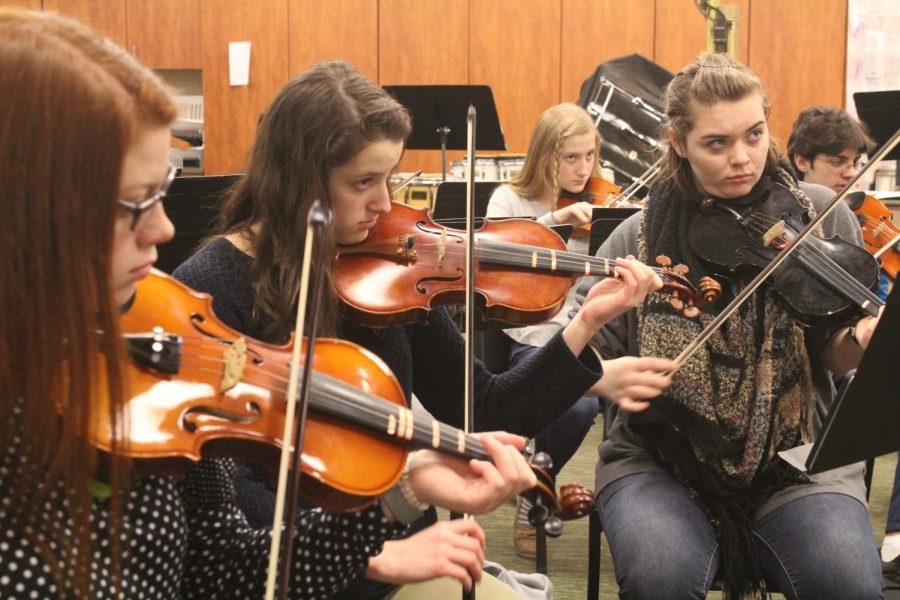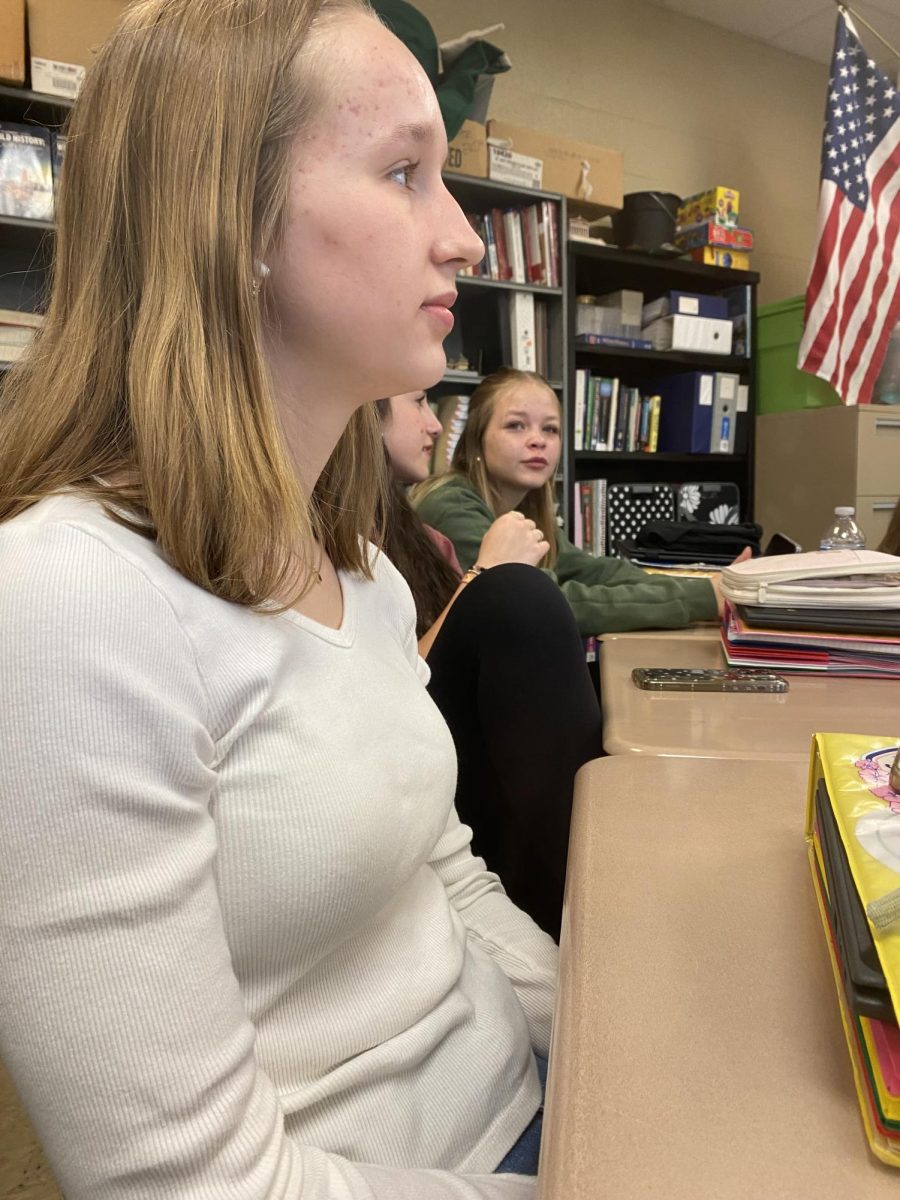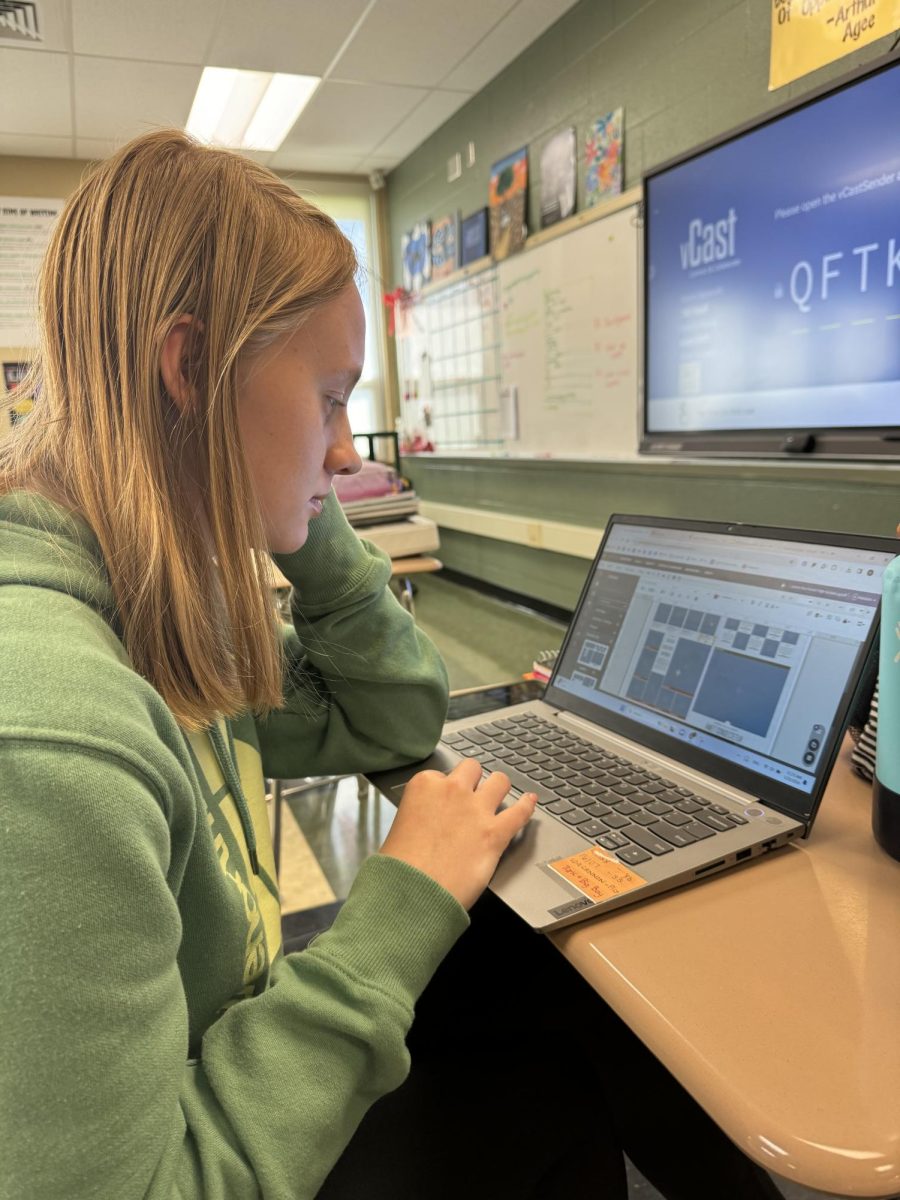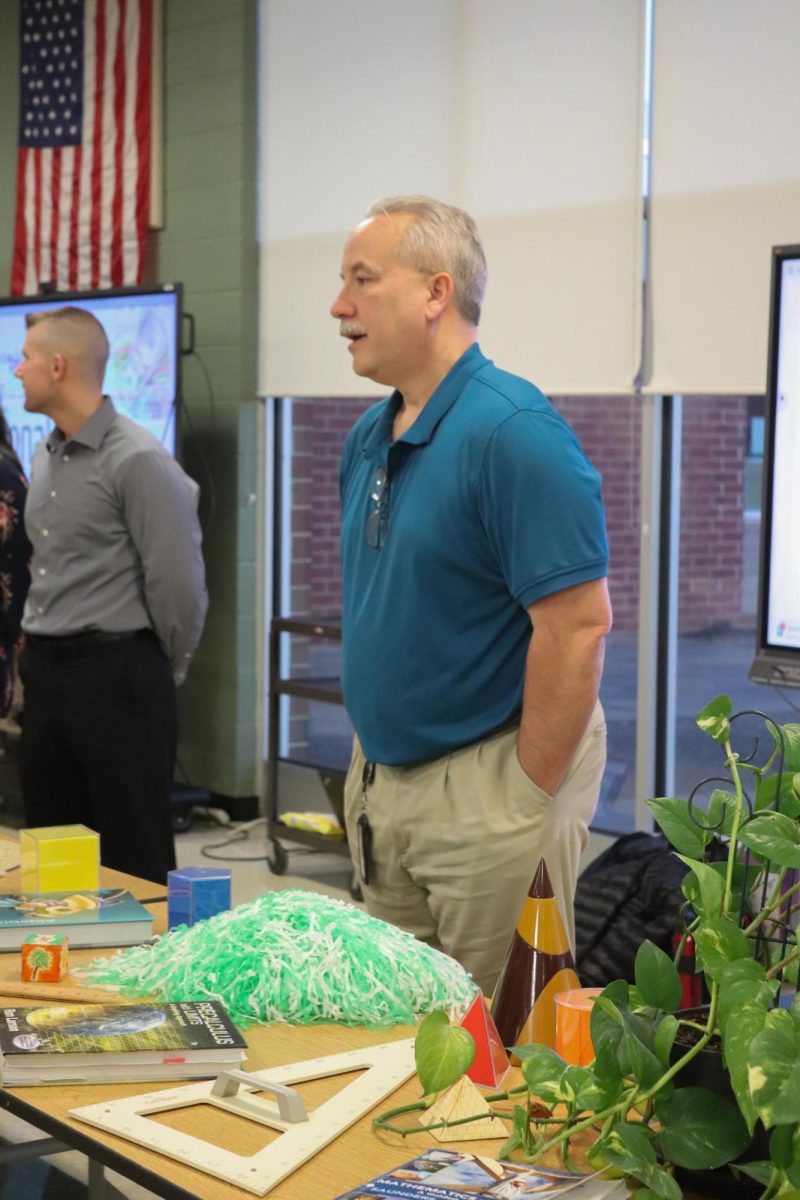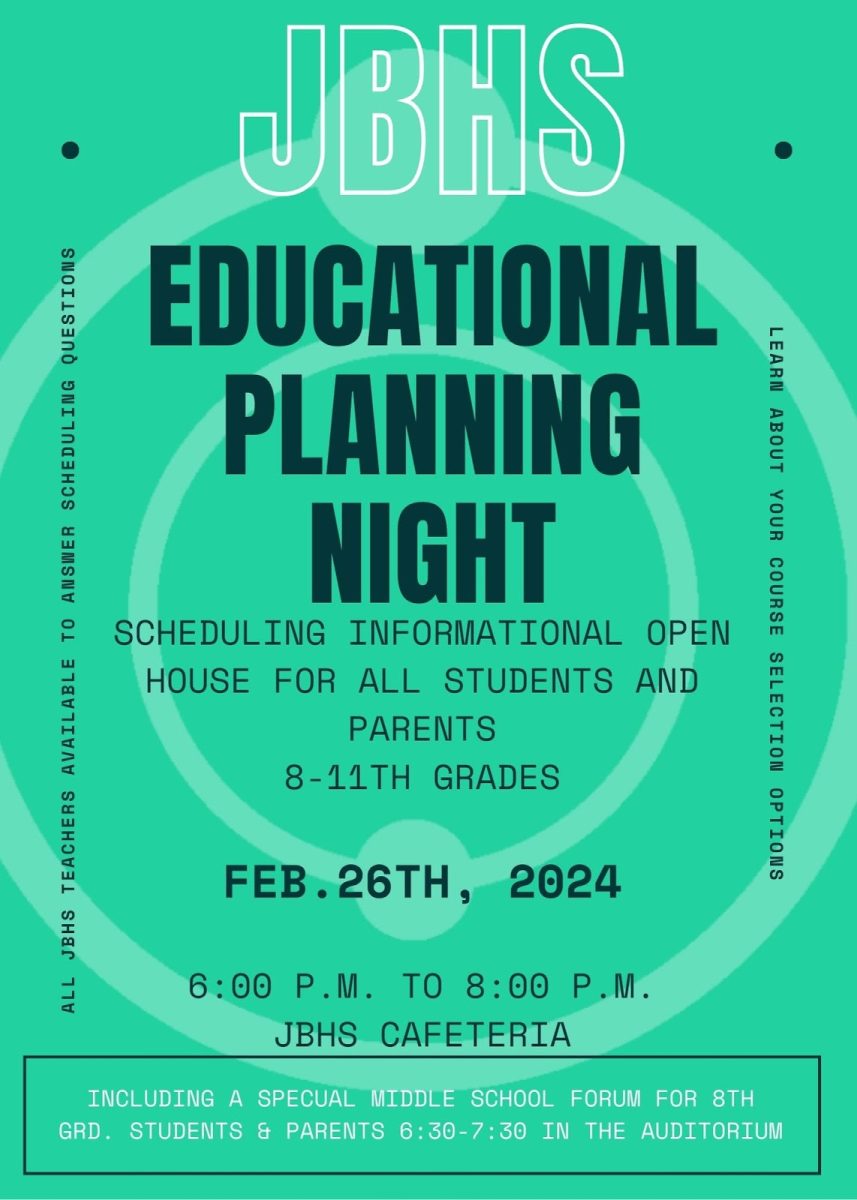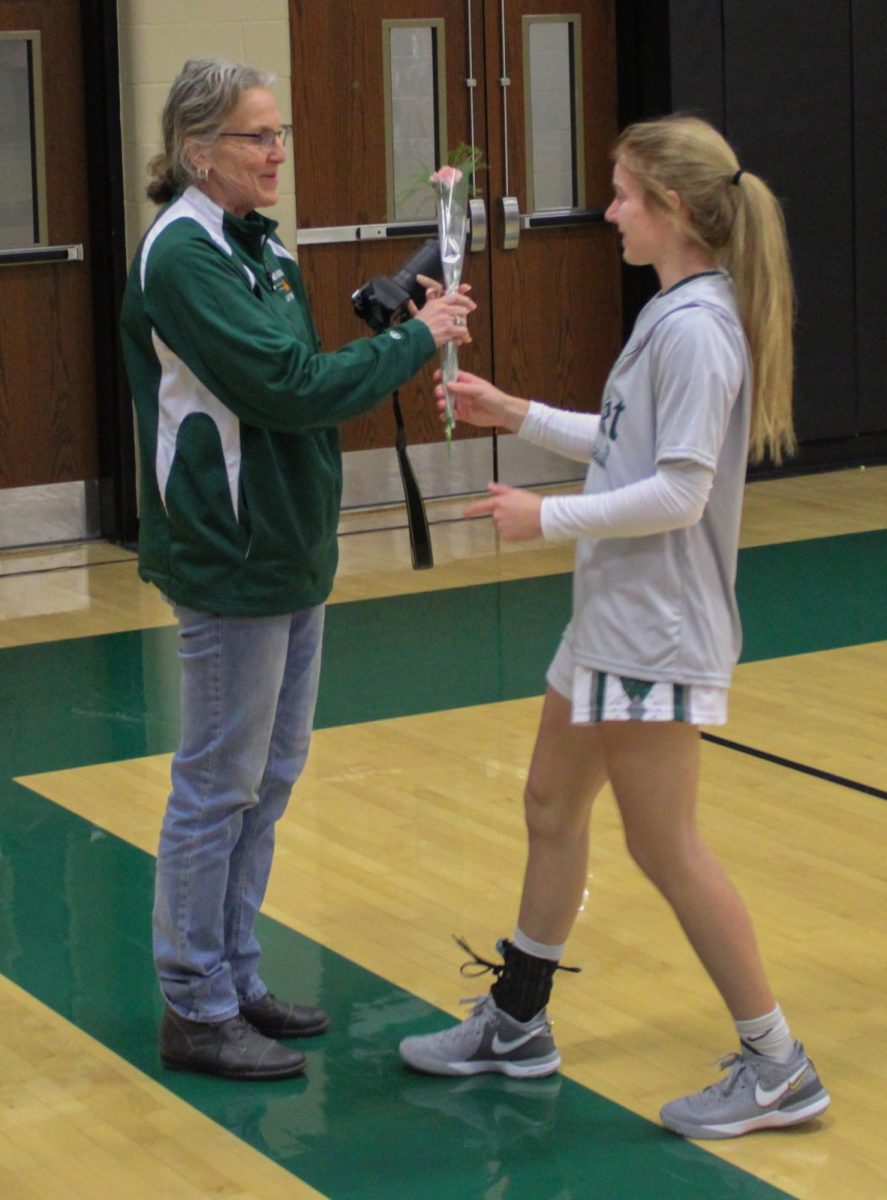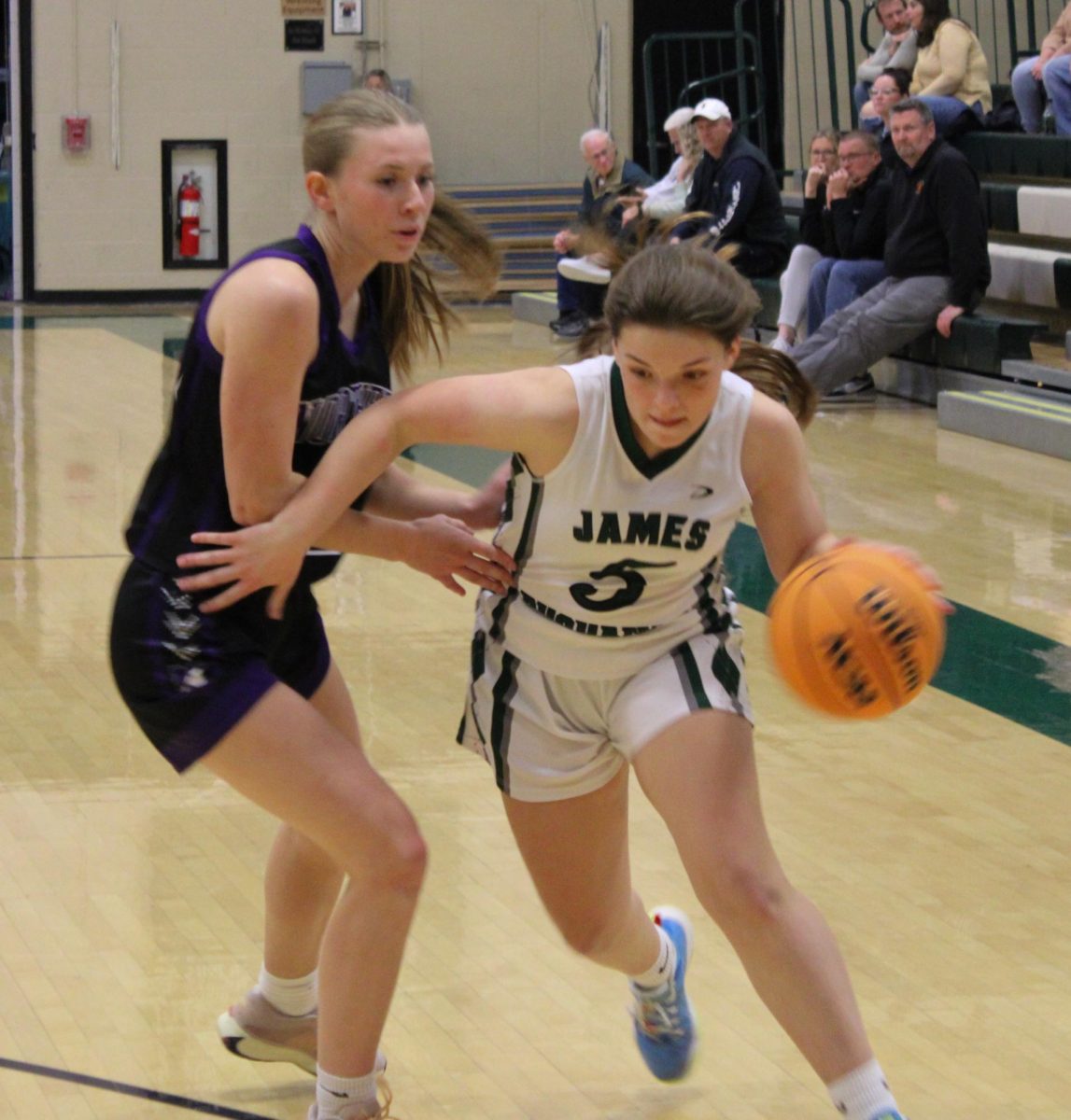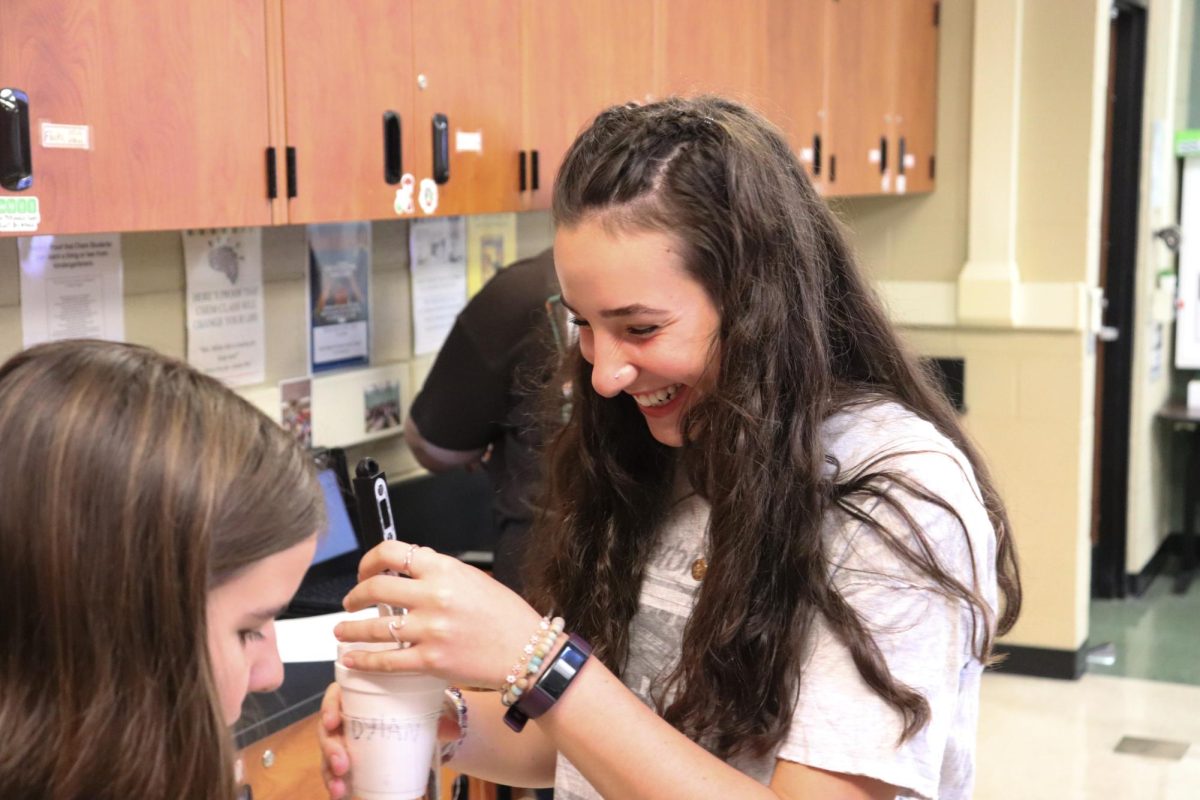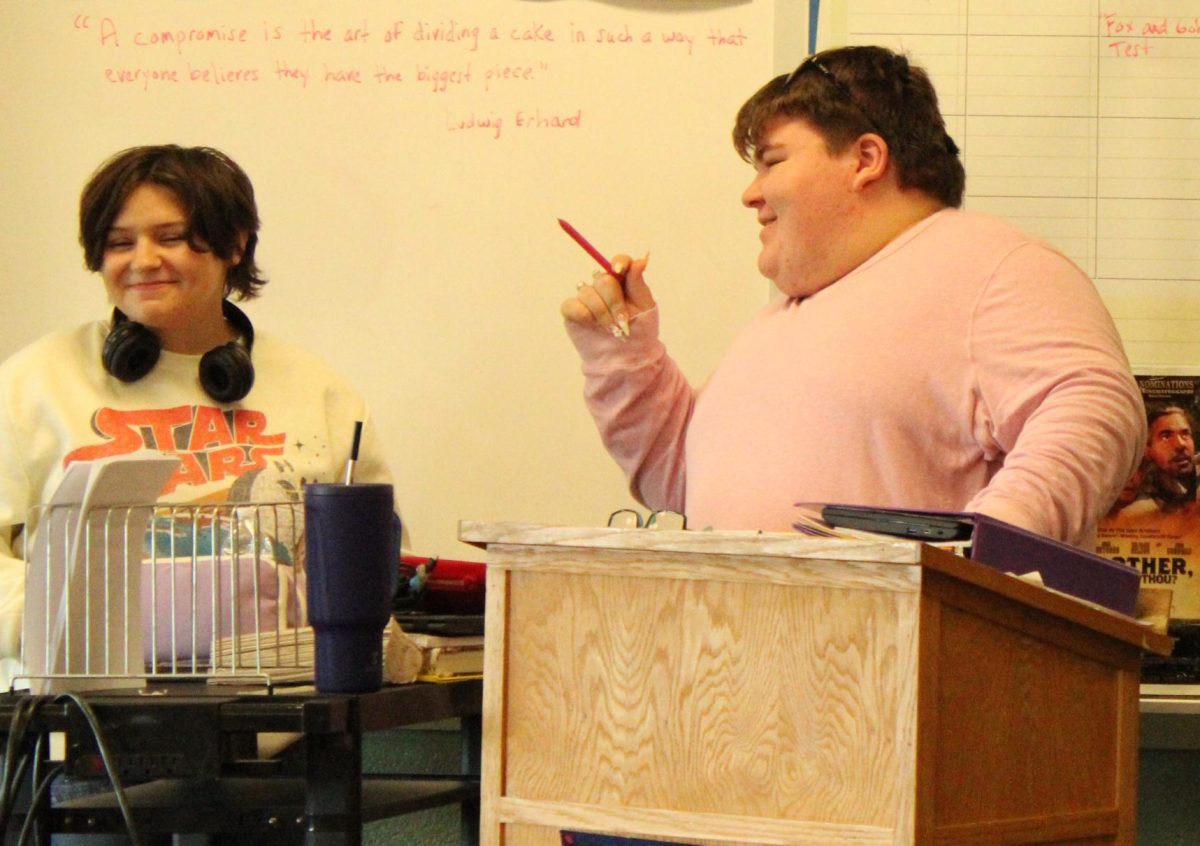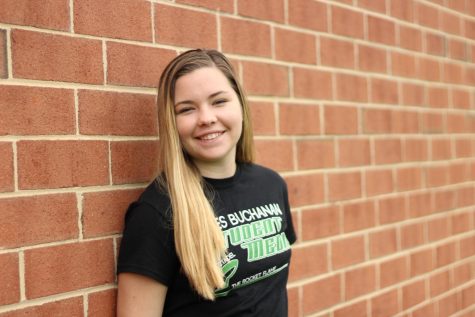After the Christmas concert in December, Mrs. Sheryl Dieke (Faculty), director, and the Orchestra dug deep in the music library to acquire fun music to prepare for both their adjudication and District-Wide Orchestra concert that takes place this month.
The Orchestra will go to South Hagerstown High School to participate in an adjudication on March 13.
There are many other schools that participate in the adjudication. An adjudication is a formal judgement. The Orchestra gets the chance to listen to how other schools play. However, the James Buchanan Orchestra is one of the only schools that participates that is not eligible to advance to Districts or Regionals because it is in Maryland.
This is the Orchestra’s second year participating. The group will leave in the morning and go during the school day to play for a group of judges that will record them and then critique their performance.
“Intonation is just an ongoing thing that just comes with maturity and listening”, said Dieke.
However, Dieke has confidence that this year the orchestra is better prepared.
“Improvement is all the time”, said Dieke. “It’s still things we struggle with that we have to just keep pushing forward on.”
The Orchestra practices every day during second period and works through their music to ensure they are prepared as much as possible in order to receive a good score from the judges.
“We’ve been putting in a lot of hard practice lately,” said Rachel Kimmel (12). “I think it’s sounding pretty good so far.”
Throughout the adjudication, the students go through three different activities.
During the warm-up, the Orchestra will run through music, work out any last-minute details, and prepare for their performance.
In the presentation area, the orchestra will play their selection of songs that they prepared for the judges.
The judges sit in separate parts of the room so that they aren’t distracting each other as they are judging. They record themselves making comments about the strengths and weaknesses that the Orchestra has while playing. They later give these recordings to the directors so that the students can listen to the judges’ evaluations in order to improve future performances.
Lastly, the Orchestra will go to a sight-reading room. Every student, along with the director is handed a folder. They have a couple minutes to study the music. They can analyze things like the key signature, look for incidentals, and tap out rhythms. However, the students cannot use their instrument to practice the music.
When time is up the director conducts as the students play the piece of music. There is one judge in the room who again, judges and listens as they play and gives direct feedback on how the orchestra sight reads.
“You hear and listen to the tapes but for a judge to actually talk to you, I think that gives you more feedback than just listening to some voice,” said Dieke.
Even though this is their second year participating, there is still going to be some pre-performance jitters, even from the conductor.
“I always take it as, ‘Did I prepare them enough?”” said Dieke. “‘Did I do what I needed to do to make sure that they were ready?’”
Students also experience some nerves as they prepare to play on stage because everything they do is judged. This is different from their normal routine of just playing at their concerts. However, to some, it’s more like a rush of adrenaline.
“I like walking up on the stage right before you play because you get this nice nervous, jittery feeling because there’s judges there,” said Kimmel. “It’s a good nervous, it’s a nervous that you want to do good and play your best.”
Despite the nerves, the orchestra will play at the adjudication and celebrate by ending their busy day out of school with lunch and treats at the Valley Mall.



